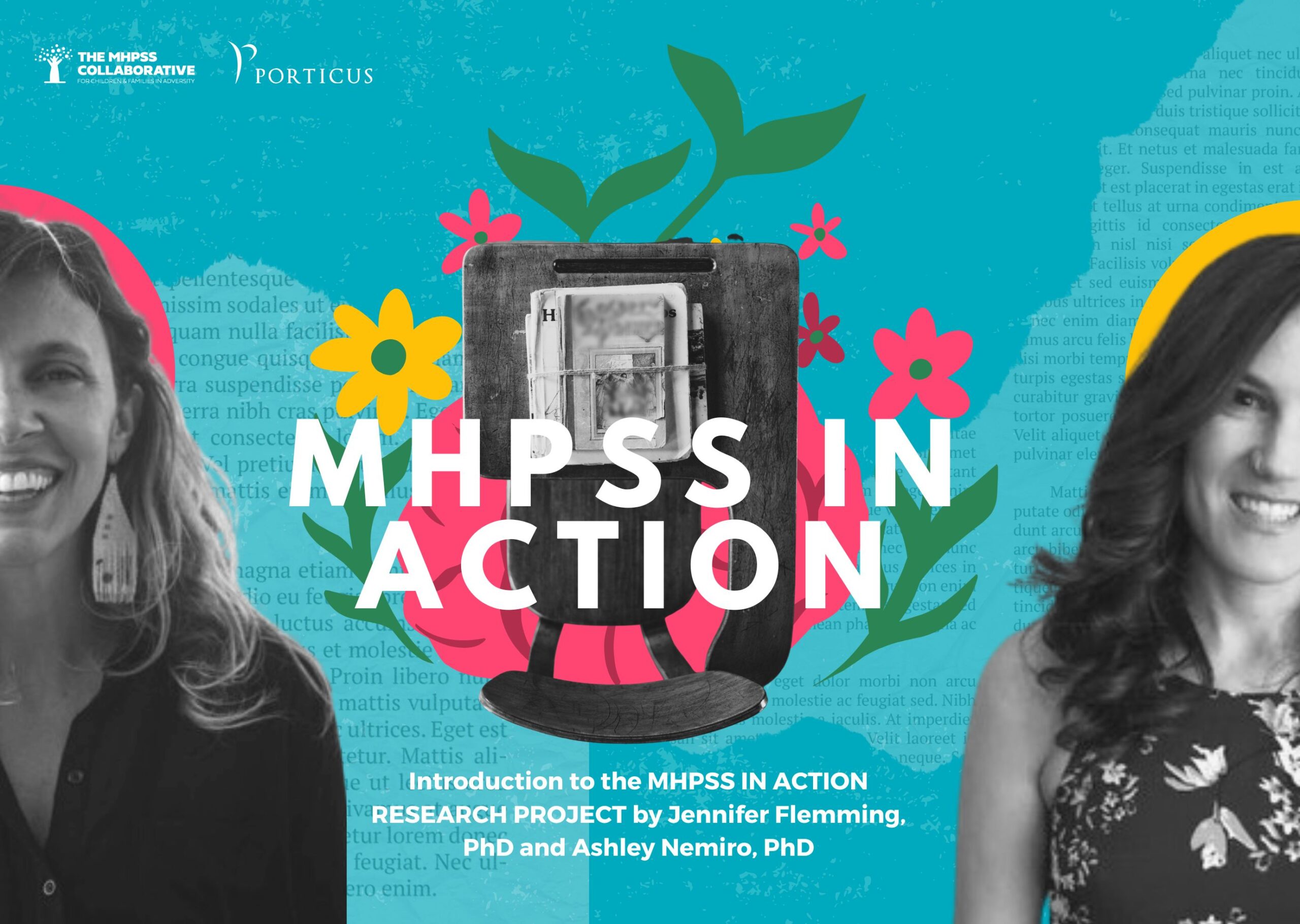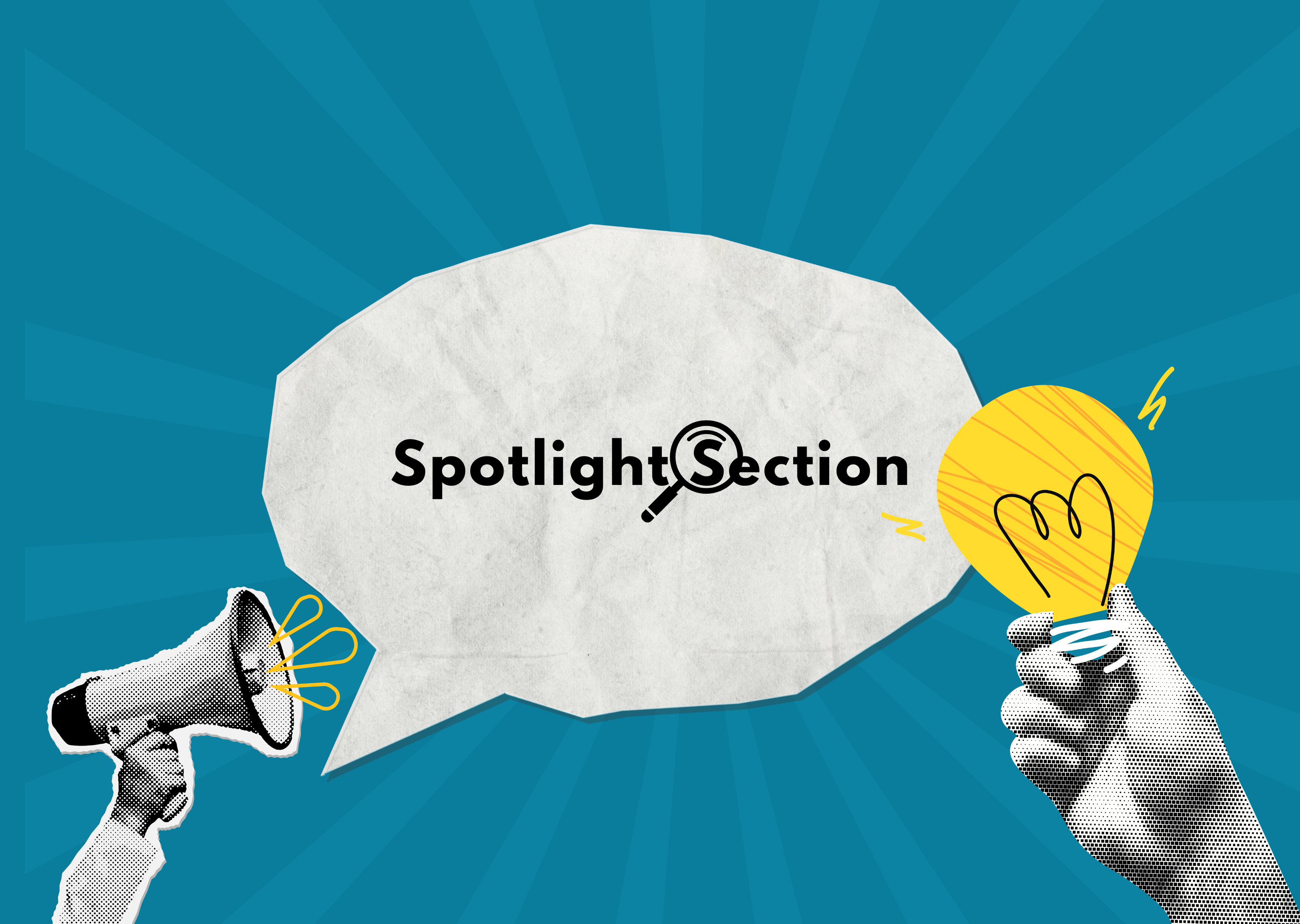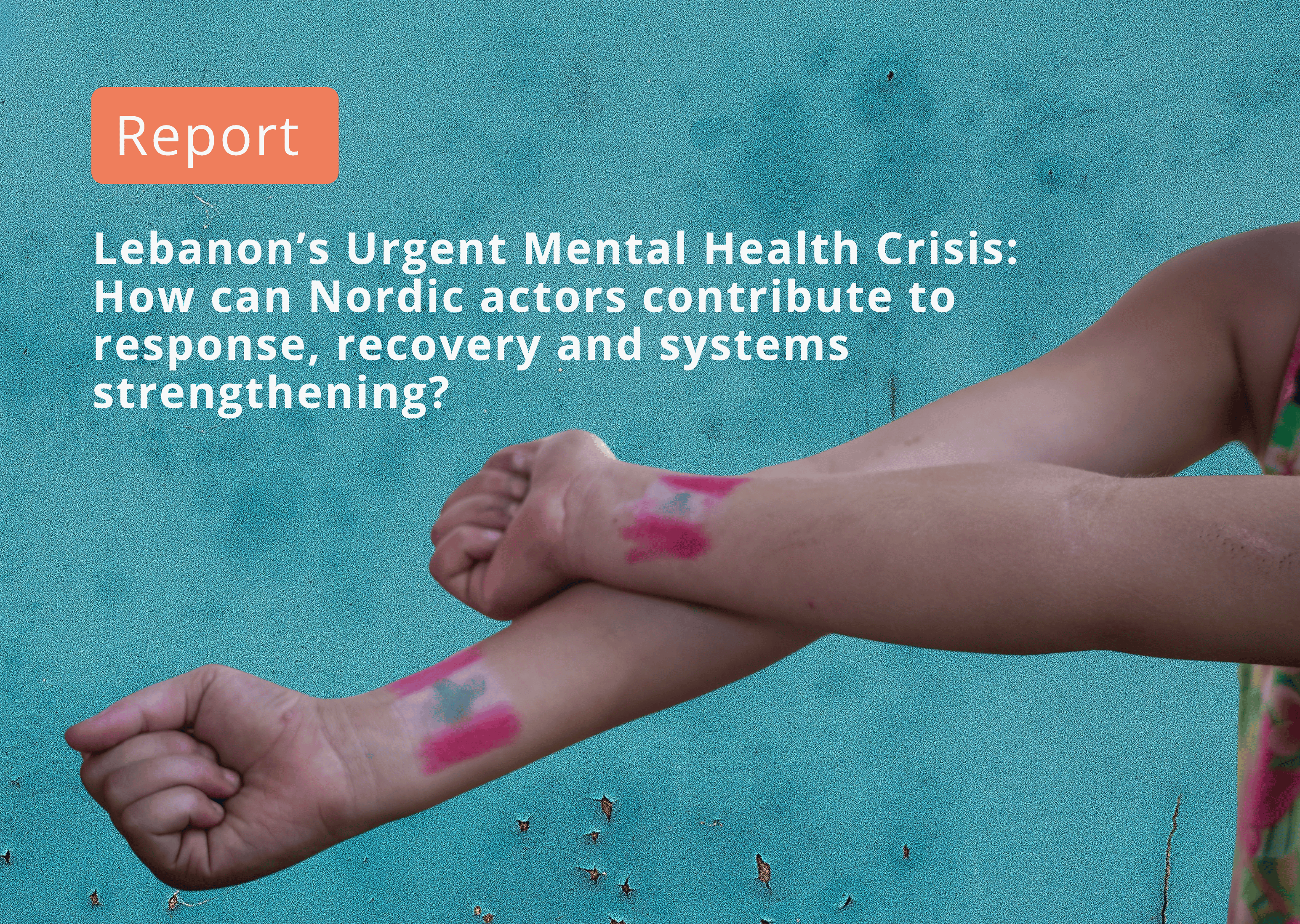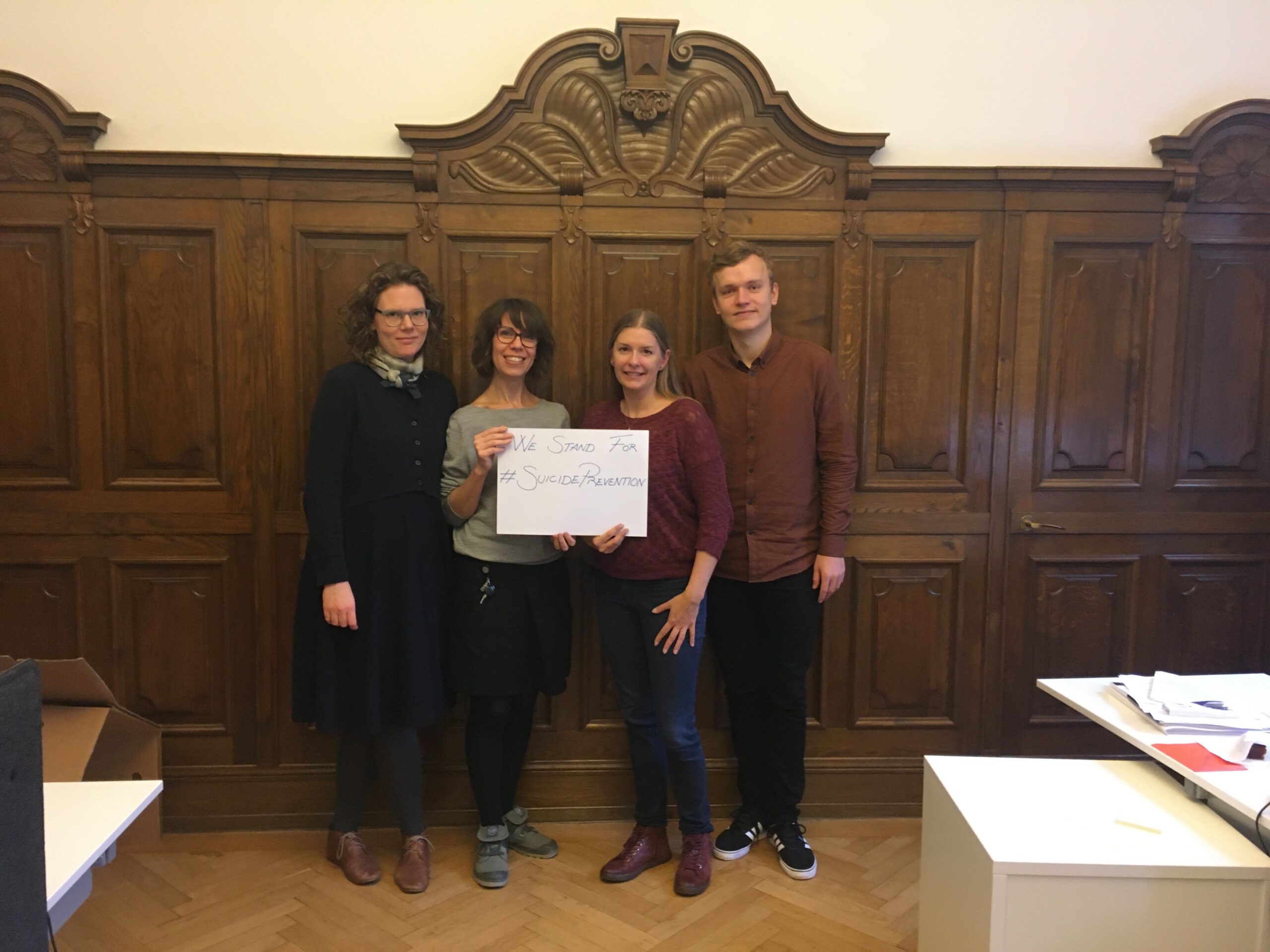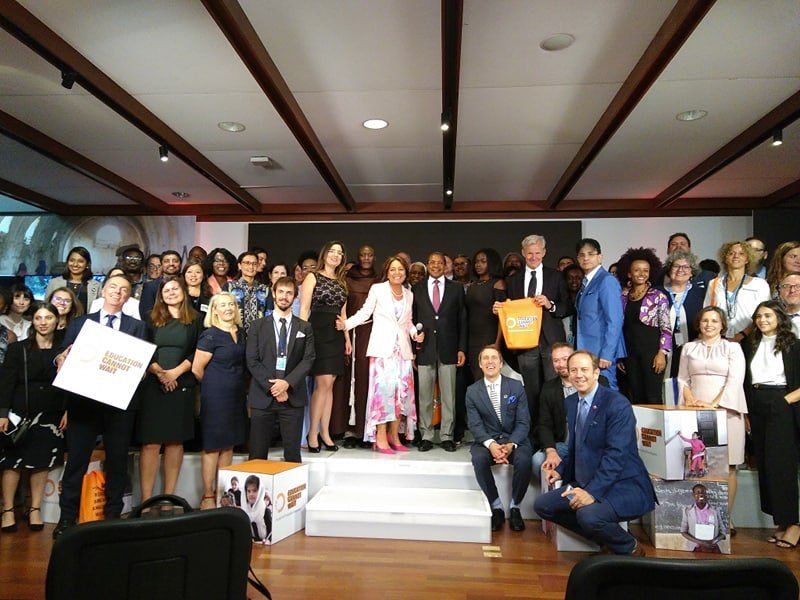
MHPSS IN ACTION
Research to examine the enabling environments for the integration of mental health and psychosocial support into education settings in Kenya, Colombia, and Greece
To promote the learning and wellbeing of children living in humanitarian contexts, a holistic approach must be adopted. In three unique locations, our team examined how learning environments, including relationships with peers, teachers, family, and community, can positively support learners’ mental health, wellbeing, and learning. In order to do this, we talked to over 500 children, teachers, caregivers, community members, school administrators, I/NGO staff and educational authorities in the diverse contexts of Colombia, Kenya, and Greece.
BACKGROUND
Mental health and psychosocial support (MHPSS) in Education in Emergencies (EiE), including social emotional learning (SEL), has been identified as a potential pathway to address both children’s mental health and psychosocial needs and to improve learning outcomes and student retention. Integrating MHPSS programming into the existing services and structures that support and protect children, such as educational services and systems, is essential to ensure children can access opportunities for healing, recovery and learning at scale. While there is widespread interest in interdisciplinary programming to promote wellbeing in education settings, this interest is not matched by an evidence base to support effective programming and decision-making. This is true in terms of the types of interventions, as well as the implementation methods themselves.
To address this gap in evidence, the three-year MHPSS in Action research project, supported by Porticus, was born. During the first phase of the project (July 2020 to April 2021), the team conducted remote, desk-based research which included an intervention mapping, expert interviews and the publication of a Realist Review to examine assumptions underpinning various classroom-based MHPSS approaches.
Amongst other key learnings, our team noted two key points most relevant for the second phase of the project:
(1) Although research in high income and stable contexts shows influence of environmental and ecological factors on children’s mental health and learning outcomes, there is limited understanding of what aspects of classroom, school, household and community environments influence children’s wellbeing and learning outcomes in humanitarian settings in lower-middle income countries; and
(2) That the existing literature indicated very limited data on perspectives of communities—including learners, caregivers, teachers, and other community actors—receiving MHPSS in EiE interventions.
The second phase of this project (2022-2023) set out to examine the enabling environments for MHPSS interventions delivered in education settings in humanitarian contexts. To do so, we are conducting qualitative research in Colombia, Kenya and Greece to capture the perceptions of children, teachers and caregivers, as well as implementation and programme staff. The overall aim of this research is to contribute to the evidence base on the integration of MHPSS programming delivered in education settings in humanitarian contexts, with particular emphasis on highlighting the perspectives of those who are most impacted. Ultimately, the research will improve access to this evidence for global, national and local stakeholders in humanitarian contexts to inform decision-making in regard to MHPSS programming and relevant policy.
The research has five key objectives:

Country Selection and Partnerships
In order to meet the research objectives, we partnered with the Norwegian Refugee Council (NRC) in Kenya and Colombia to study their Better Learning Programme (BLP)—its flagship classroom-based PSS/SEL intervention for children in crisis-affected communities—in Kenya and Colombia. BLP is a psychosocial support/social emotional learning (PSS/SEL) programme which can be integrated within education programming. BLP is a holistic approach to supporting children’s recovery from the traumatic events experienced during conflict, or from the impacts of displacement on both displaced and host communities, by improving conditions for learning. The programme mobilizes a child’s support network of caregivers, teachers, and counsellors, encompassing a multi-layered approach to restore a sense of normality and hope.
In Greece, we partnered with Amal Alliance to study the Colors of Kindness programme, another SEL intervention for refugee children implemented through partners in multiple locations across northern Greece. Colors of Kindness focuses on social emotional learning in order to (a) foster social and emotional skills of children to bridge the learning gap, (b) enhance the wellbeing of caregivers and their children, and (c) increase access to and engagement with distance learning.
Collaboration and co-design of research
The project highlights the lived experience and perspectives of children, caregivers, teachers, community members and other relevant actors by using in-depth, qualitative and participatory methods centered on their needs and perspectives. Sessions with children used drawing and arts-based data collection methodology to learn about their experiences with the interventions, as well as their own perspective about wellbeing, school, relationships and their needs. Due to the often-sensitive nature of the subject, the methods and processes of data collection were created to be adaptable to the needs and wants of those involved.
This research exemplifies a “research-practice partnership” so that the implementation partner organizations can have a direct impact on the methods and sub-research questions explored, to prioritize their learning for increased impact. In each location, primary data collection kicked off with an iteration workshop, during which time implementing partner staff provided input on the research questions themselves, the methods proposed and the specific learning that would be most useful to them.
In-country research team
In each country, a Research Coordinator (RC) joined the team to lead on all country-specific elements of the research. These RCs collaboratively developed methods and site-specific research questions; established key working relationships with implementing organizations and other actors on the ground; led on data collection, including oversight of the field-based data collection teams; and finally, collaborated with the MHPSS global team on data analysis and report writing.
It was a key priority of this project to work collaboratively across a diverse range of contexts, and to assure that the RC in-country operated as leader of the research in their local context with significant ownership over the processes, methods and analyses that occur. Throughout the second phase, the full research team has worked to support each other, as well as to learn from one another, in order to assure both global and country-specific collaboration. That has meant prioritizing engagement and inputs from all team members at all stages of the project, which continues to date with collaborative ongoing data analysis. At the conclusion of data collection in all countries, each RC led the crafting of a reflection blog to share highlights, challenges, and lessons learned.
The MHPSS in Action project is currently in data analysis and report writing. Please check back soon for updated findings and announcements for dissemination of the results and learning. Additionally, if you have any questions, feedback or comments about the study please feel free to reach out to Jennifer Flemming (Lead Researcher, MHPSS in Action project at the MHPSS Collaborative) at [email protected]
